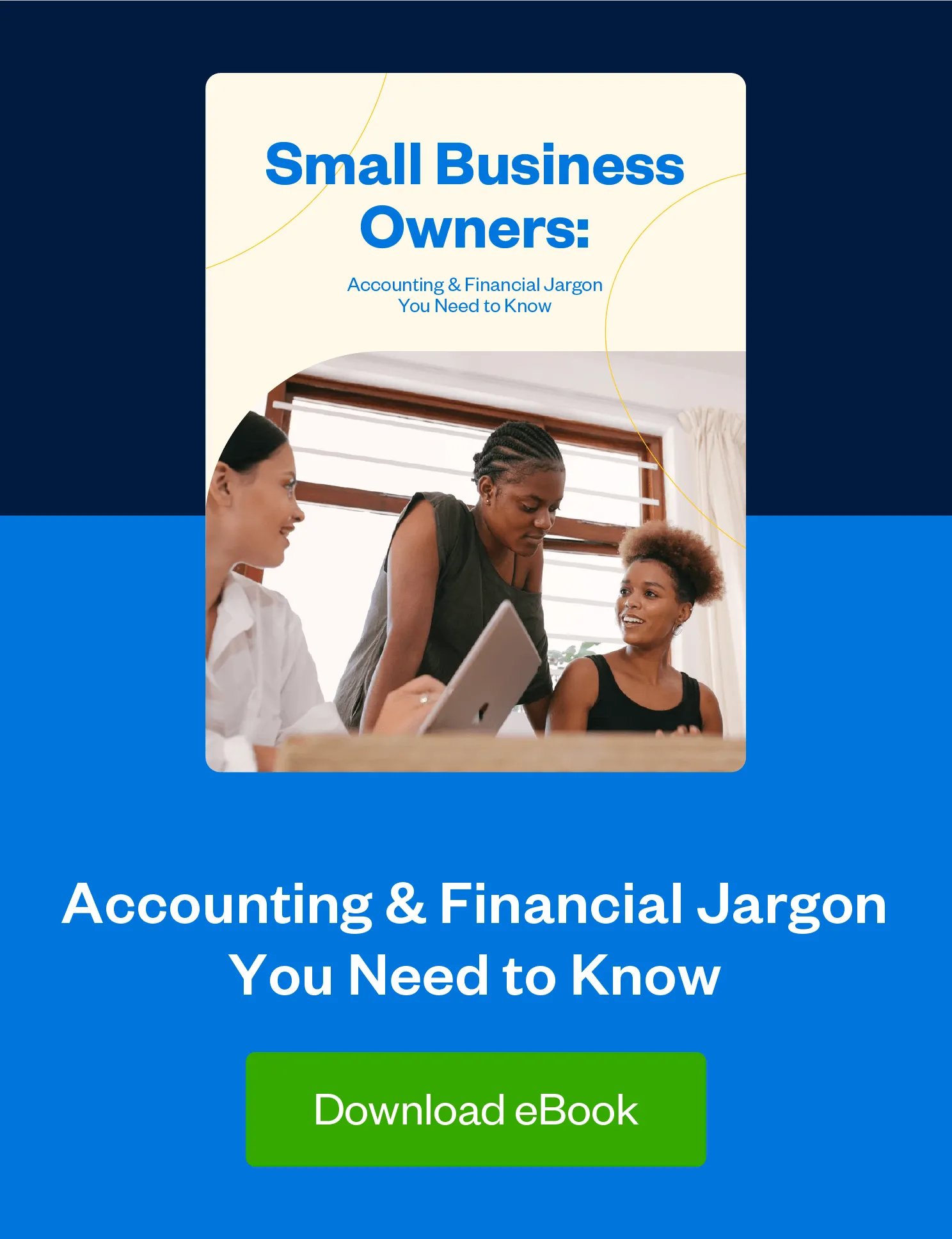
There aren’t many people who wake up in the morning and feel excited about preparing their taxes. When I talk to clients, they tell me about their anxiety about preparing their business tax schedules and dealing with the Canada Revenue Agency (CRA). I get it, it’s not your area of expertise and let’s face it, who wants to be in CRA’s bad books?
Being informed about your responsibilities and options when it comes to reporting your business income and expenses helps boost your confidence when preparing your annual business tax forms and talking to CRA.
- What Is The T4002 Guide?
- Who Is The T4002 Guide For?
- What’s in the T4002 Guide?
- What’s New
- Definitions
- General Information
- Income
- Expenses
- Capital Cost Allowance (CCA)
- Eligible Capital Expenditures (ECE)
- Losses
- Capital Gains
- Mandatory Inventory Adjustments (MIA)
- Online Services
- Resources
- Where Do I Find the T4002 Guide?
- Income Tax Education Leads to Confident Filing
What Is The T4002 Guide?
Not everyone is in a position to work with a tax expert when it comes to reporting their business income and expenses, so what can you do if you find yourself preparing your annual forms? Look no further than the CRA website itself. There are guides and forms available on the website which support you in preparing and submitting the correct information.
One of these guides is the T4002: Self-employed Business, Professional, Commission, Farming, and Fishing Income. This guide contains what you need to boost your confidence in preparing your taxes. Whether you’re going all the way with your own taxes, or just preparing the information your tax expert needs to file your taxes on your behalf, this guide can help.
Who Is The T4002 Guide For?
As the name states, this guide is for self-employed business owners. The first thing we need to do is determine what that means when it comes to filing your tax. Whether you are on your own or partnered up with others, if you sell any type of product or service and are not an incorporated company, you are considered self-employed.
If you’re technically considered a self-employed business owner, and you follow the general business rules and CRA requirements for preparing your taxes and filing your taxes this guide might be for you.
But let’s dig a little deeper.
To fully understand if the T4002 CRA guide applies to you, ask yourself the following questions:
- Do I sell products or services?
- Am I a professional?
- Do I earn commissions, and receive a T4A showing how much I earned in the year?
- Do I have a daycare in my house?
- Am I a farmer?
- Am I a fisherman?
If you answered yes to any of these questions, this guide is for you.
What’s in the T4002 Guide?
Let’s break down what the T4002 contains in plain English.
What’s New
This section tells you what changes to the tax law were made in the last year. Consider these changes when preparing your taxes.
Definitions
A list of all the key terms used in the guide, with an explanation of what they mean.
General Information
Here you can find information on filing deadlines, what happens if you don’t report all your income, how to keep proper records, opting into employment insurance (EI), what instalment payments are, what a fiscal period is and who can use the cash or accrual method of reporting.
Income
This section is a deep dive into reporting your income and how to fill out the forms used to report that income to the CRA.
Expenses
This section entails what can you deduct from your income, what a capital expense is, record-keeping for deducting your vehicle expenses, what GST/HST input tax credits are, and how to report information on a partnership.
Capital Cost Allowance (CCA)
This section details what a Capital Cost Allowance is, and how to calculate it.
In a nutshell, a Capital Cost Allowance (CCA) is as follows.
If you acquire a depreciable property, such as a building, furniture, or equipment, to use in your business or professional activities that may wear out or become obsolete over time, you can deduct their cost over a period of several years. This yearly deduction is called a capital cost allowance (CCA).
Unfortunately, You cannot deduct the full cost of the depreciable property when you calculate your net business or professional income for the year in which you acquired the property.
Eligible Capital Expenditures (ECE)
What they are and how to report them.
Some examples of eligible capital expenditures or property are goodwill, trademarks, and some patents, which are considered intangible assets.
The costs incurred to buy these assets are called eligible capital expenditures. Any costs you incur for incorporation, reorganization or amalgamation also qualify as eligible capital expenditures.
Losses
What happens when you spent more money than you earned.
Capital Gains
What they are and how to calculate them.
Mandatory Inventory Adjustments (MIA)
Mandatory Inventory Adjustments apply specifically to farmers, and the T4002 guide entails what they are and how to calculate them.
Mandatory inventory adjustments (MIA) are required when a year results in a net loss instead of income. If this occurs, you’re required to add the value of your purchased inventory still on hand at year-end to your income at fair market value. You’ll need to add the lesser of either the value of purchased inventory or the amount of the loss to the income.
Slightly confusing? That’s why the T4002 guide is here to help you calculate it.
Online Services
This section details what can you do with your online account.
Resources
If you still need more information about filing your taxes, reporting income, and generally ensuring that you’re 100% compliant come tax time.
Where Do I Find the T4002 Guide?
Find the T4002 guide here. Once there you have the option of viewing it online or downloading the PDF version. Highlight the relevant text, make notes, or print it and use it as a reference while preparing your tax forms.
Income Tax Education Leads to Confident Filing
The T4002 guide for self-employed business, professional, commission, farming, and fishing income is a wealth of information for preparing your business tax forms.
Review the changes annually and you will always feel confident when tax season rolls around.
about the author
Melanie is a Registered Professional Counsellor and a Chartered Professional Accountant (CPA, CGA) and founder and CEO of Out Of The Box Chartered Professional Accounting. For Melanie, accounting has always been about helping small and medium-sized businesses grow.

 Understanding T777: Statement of Employment Expenses
Understanding T777: Statement of Employment Expenses Canada Tax: Your Guide to the T2125 Form
Canada Tax: Your Guide to the T2125 Form A Guide to the Canadian T2200 Form for Tax Time
A Guide to the Canadian T2200 Form for Tax Time






